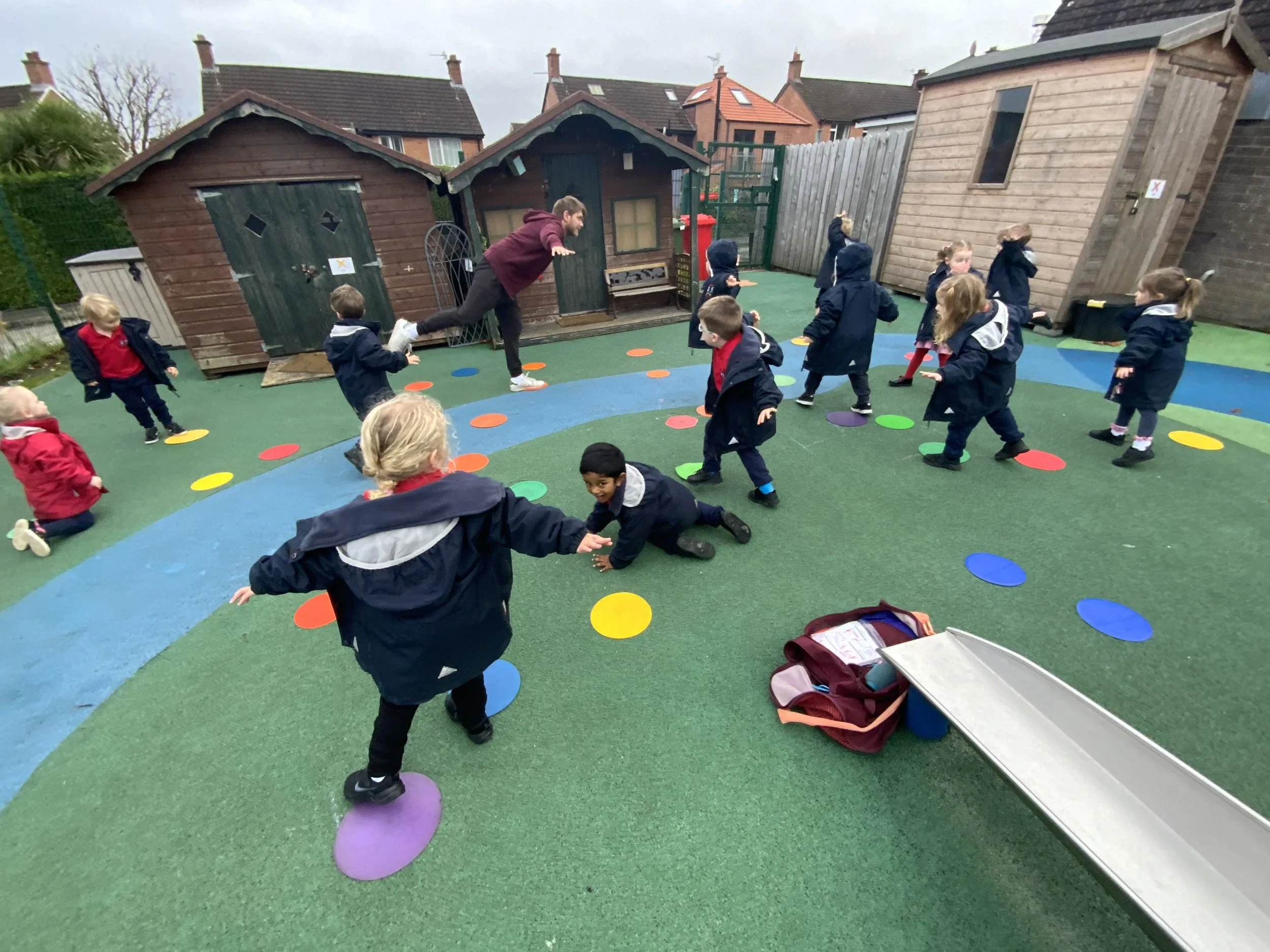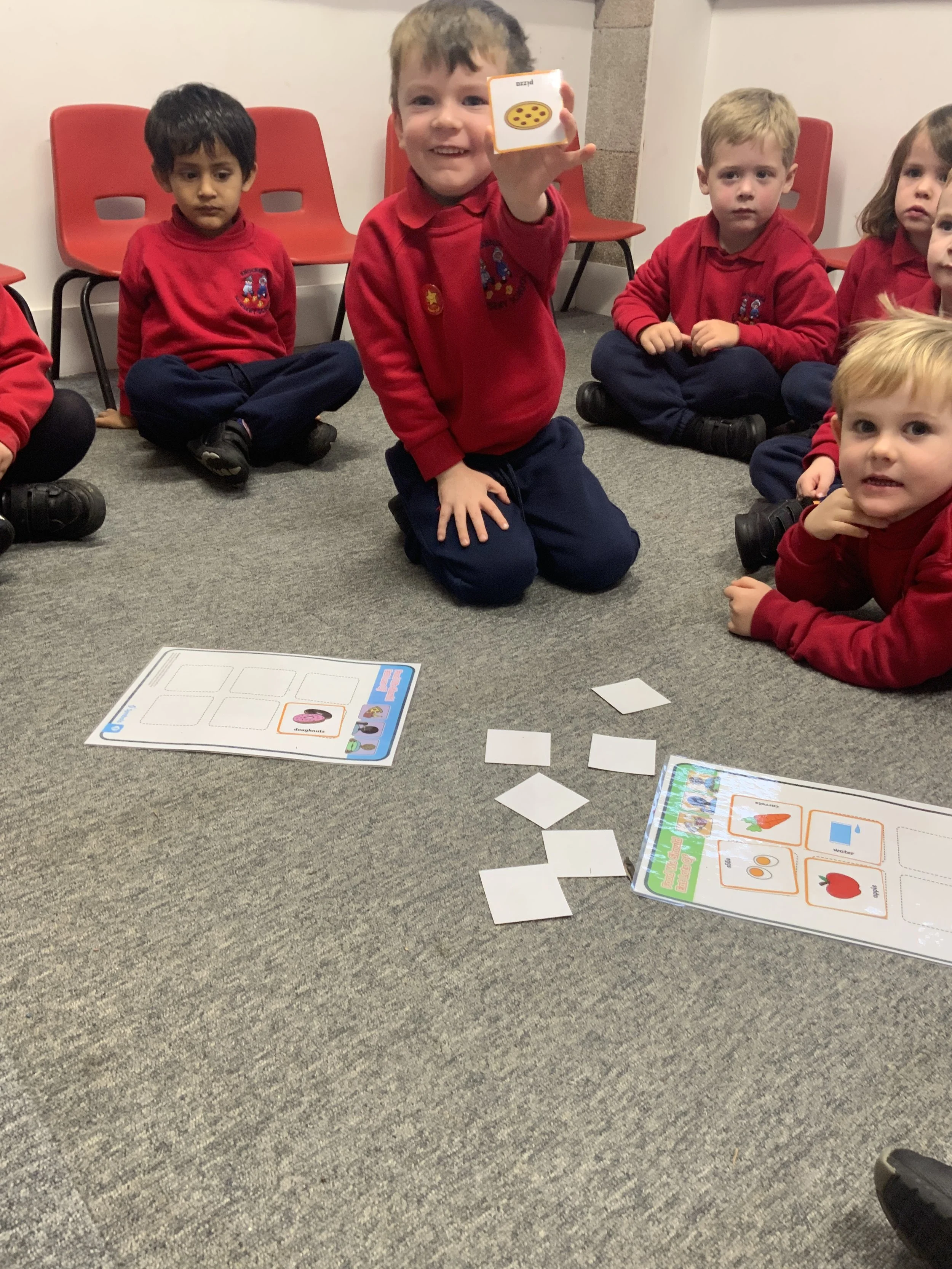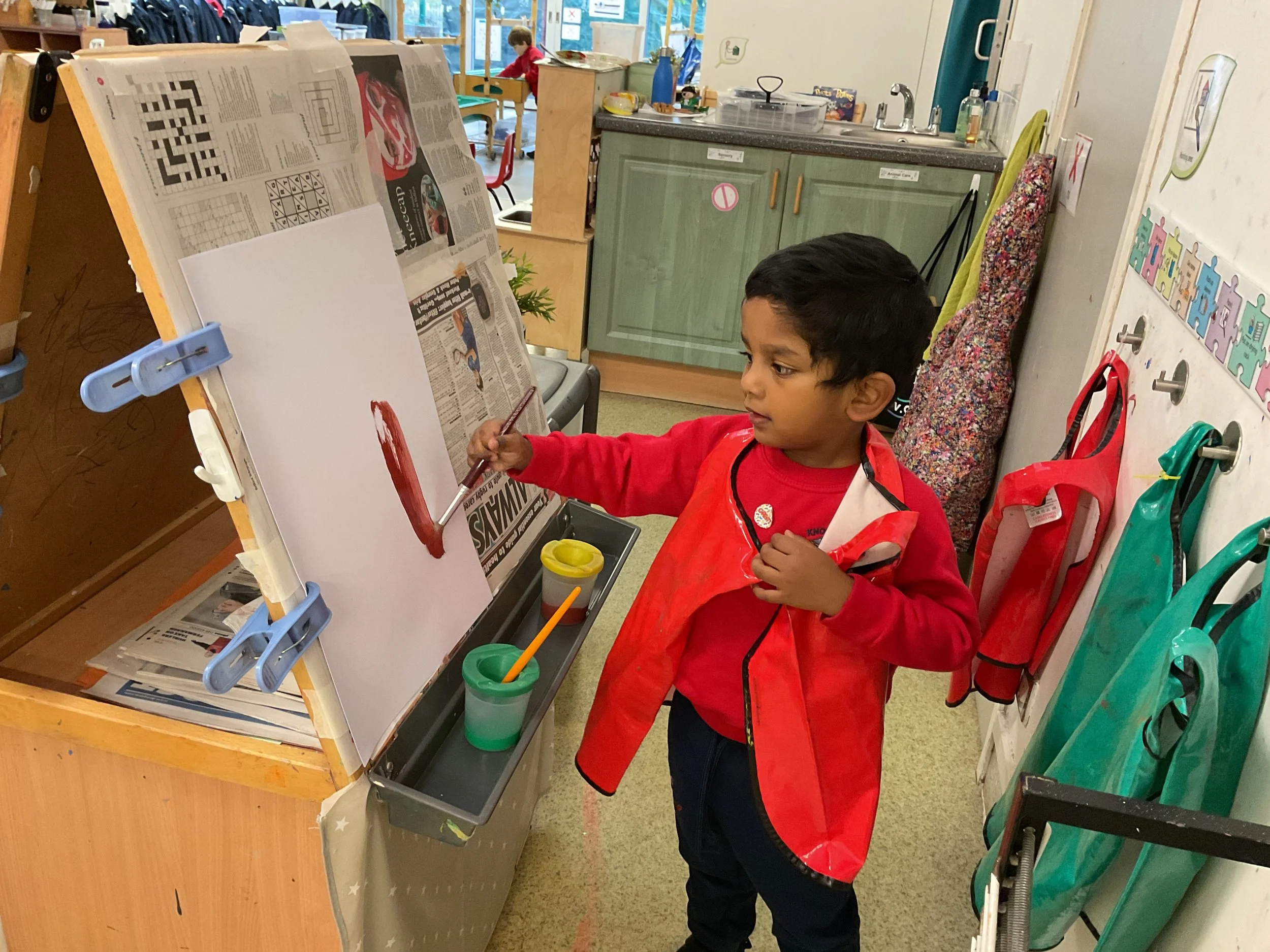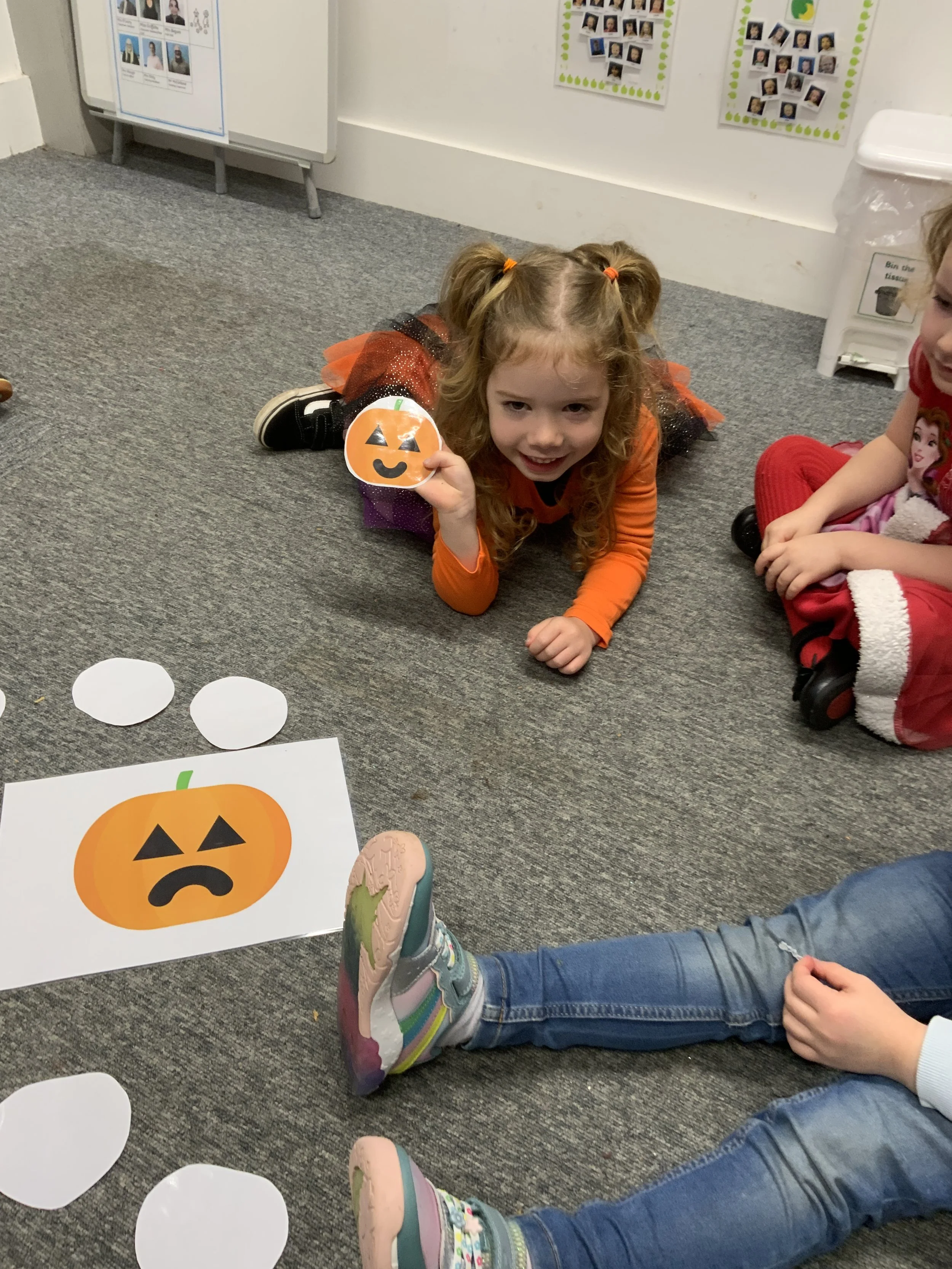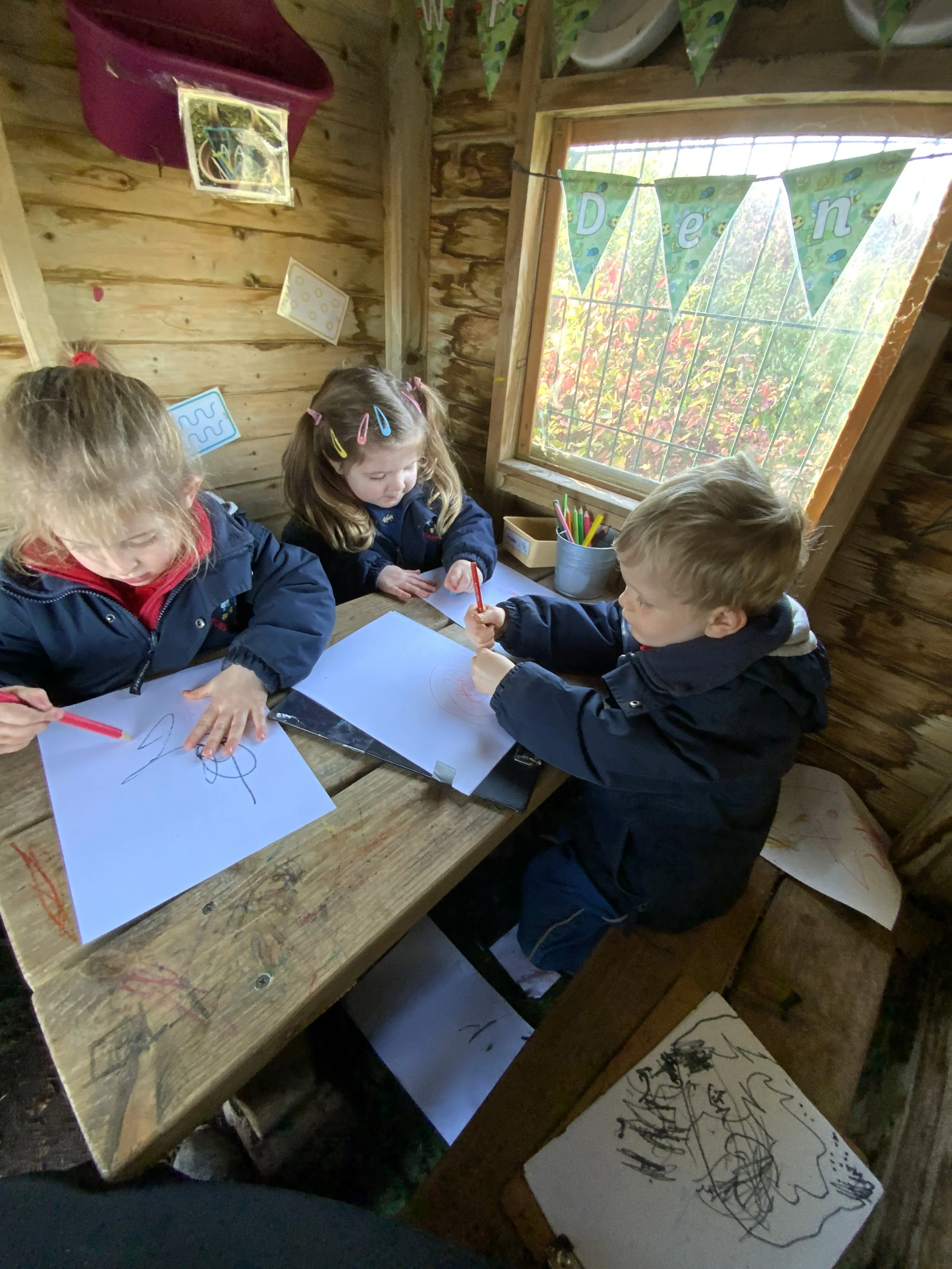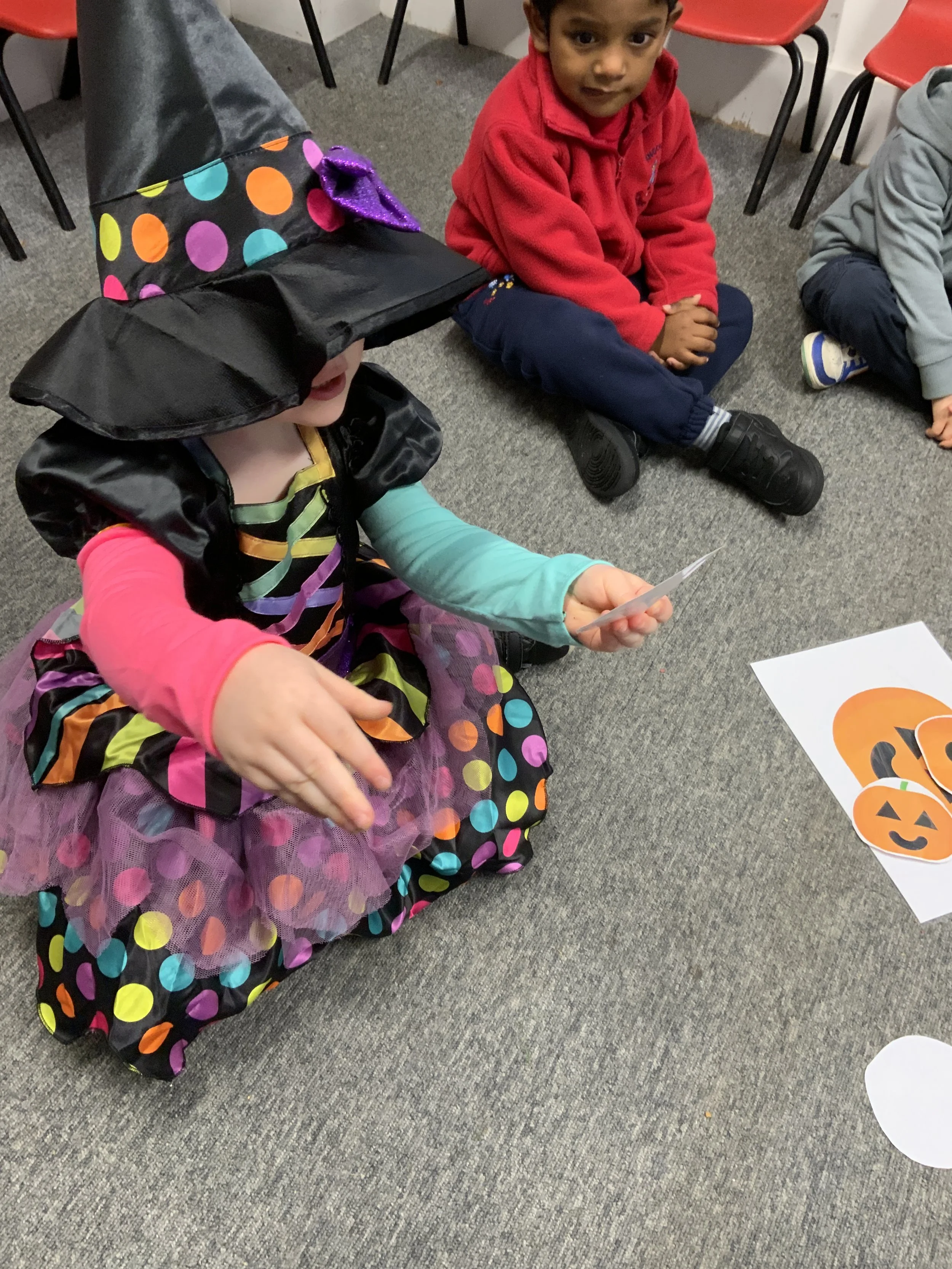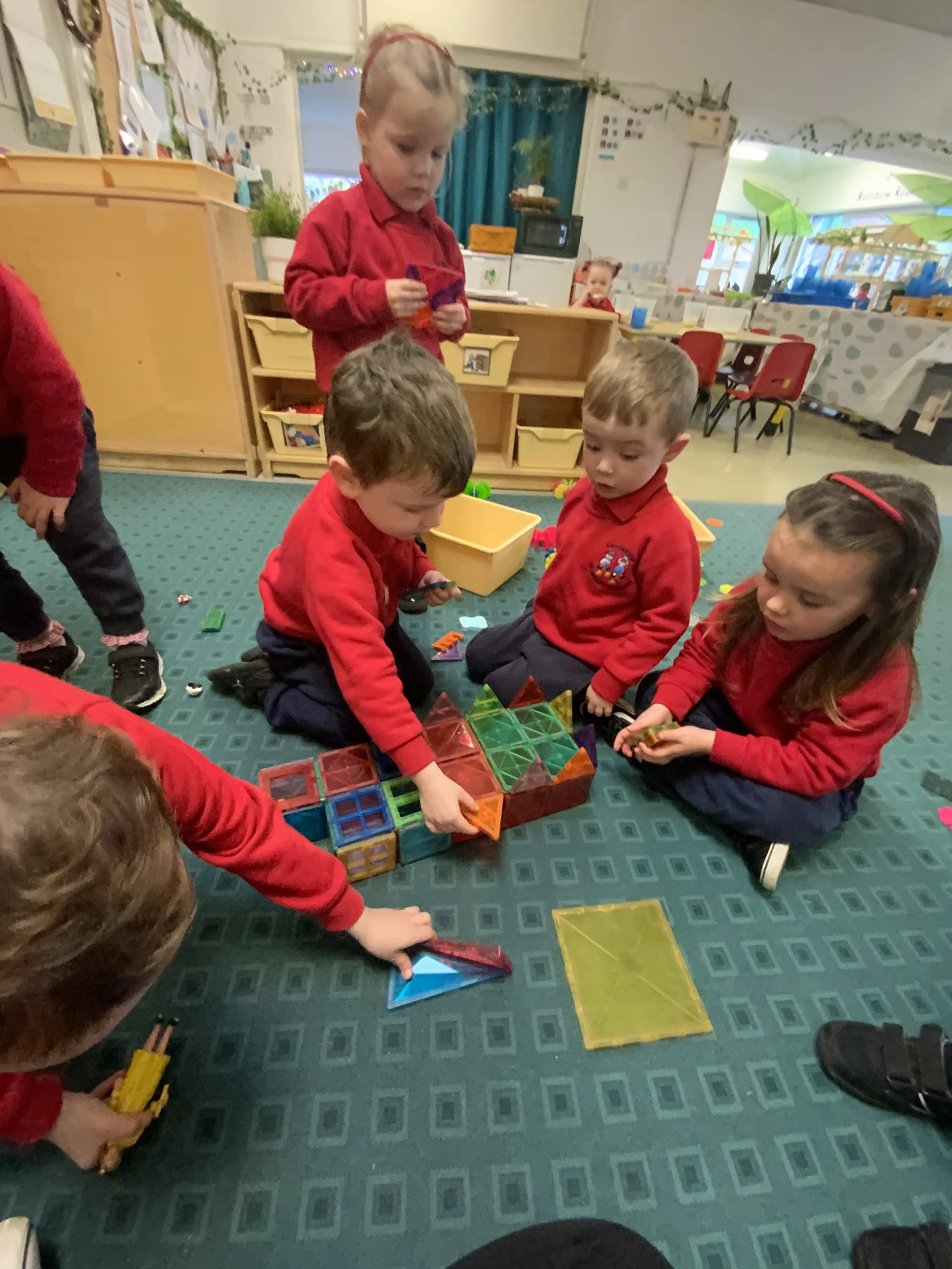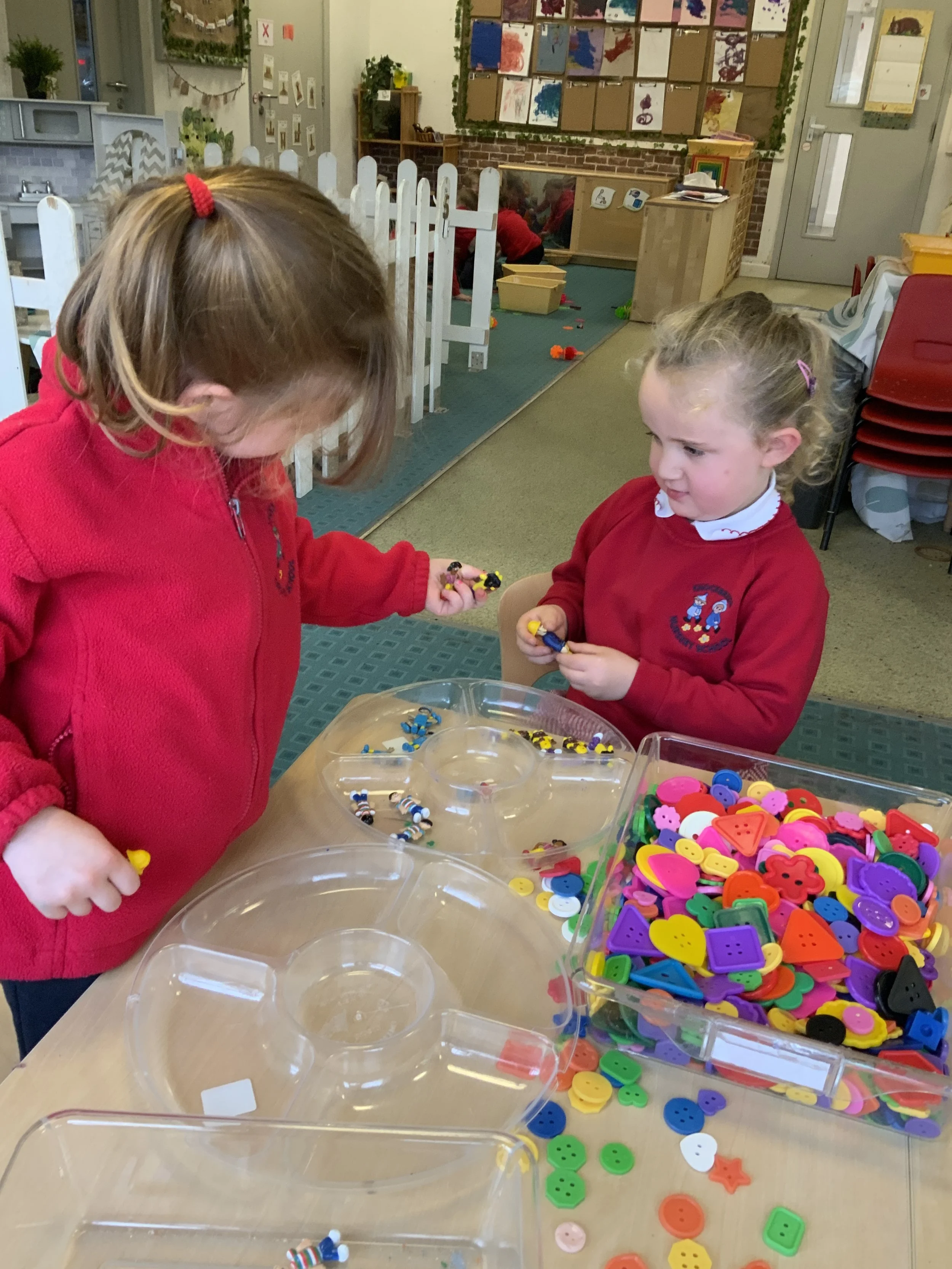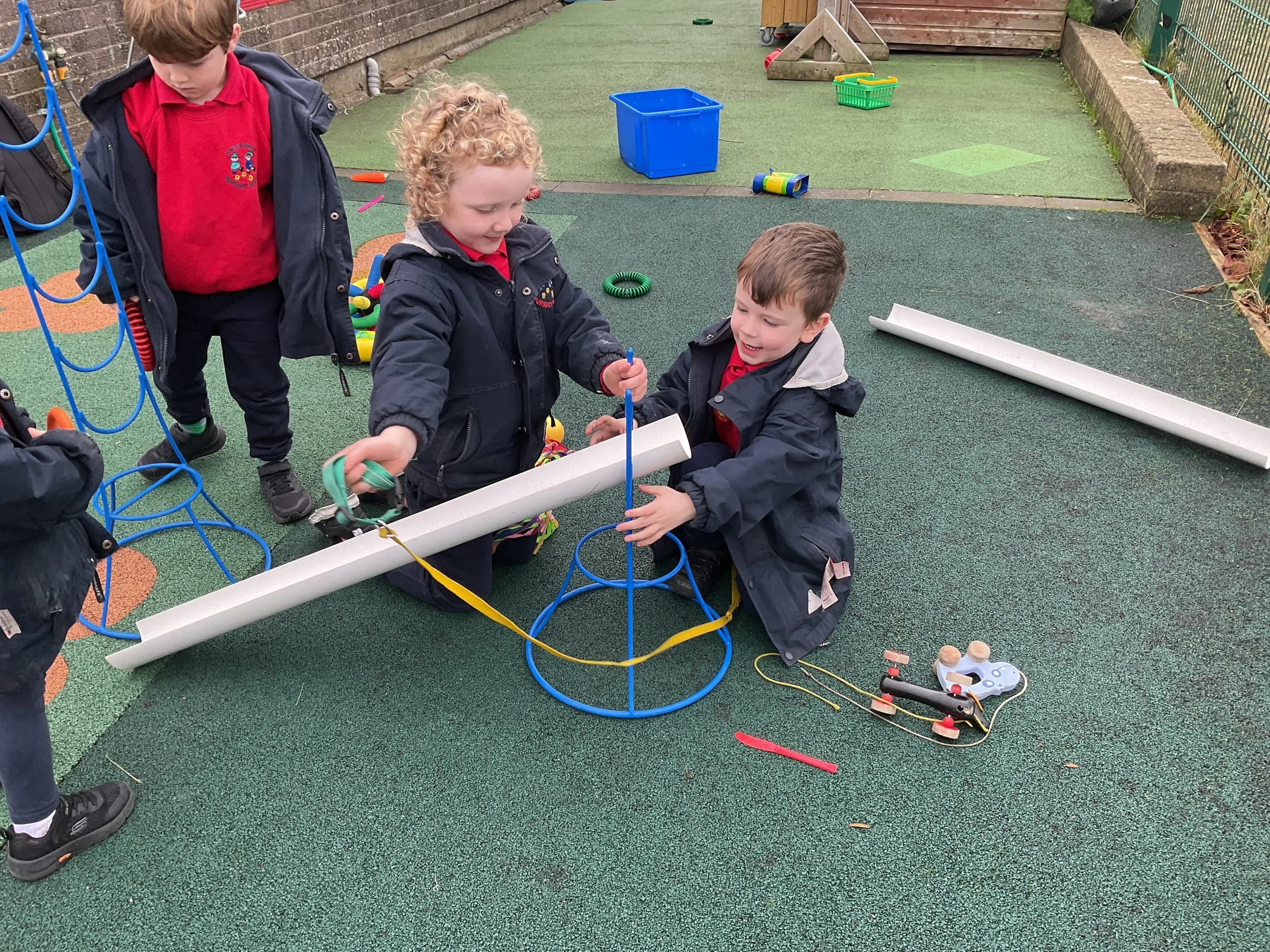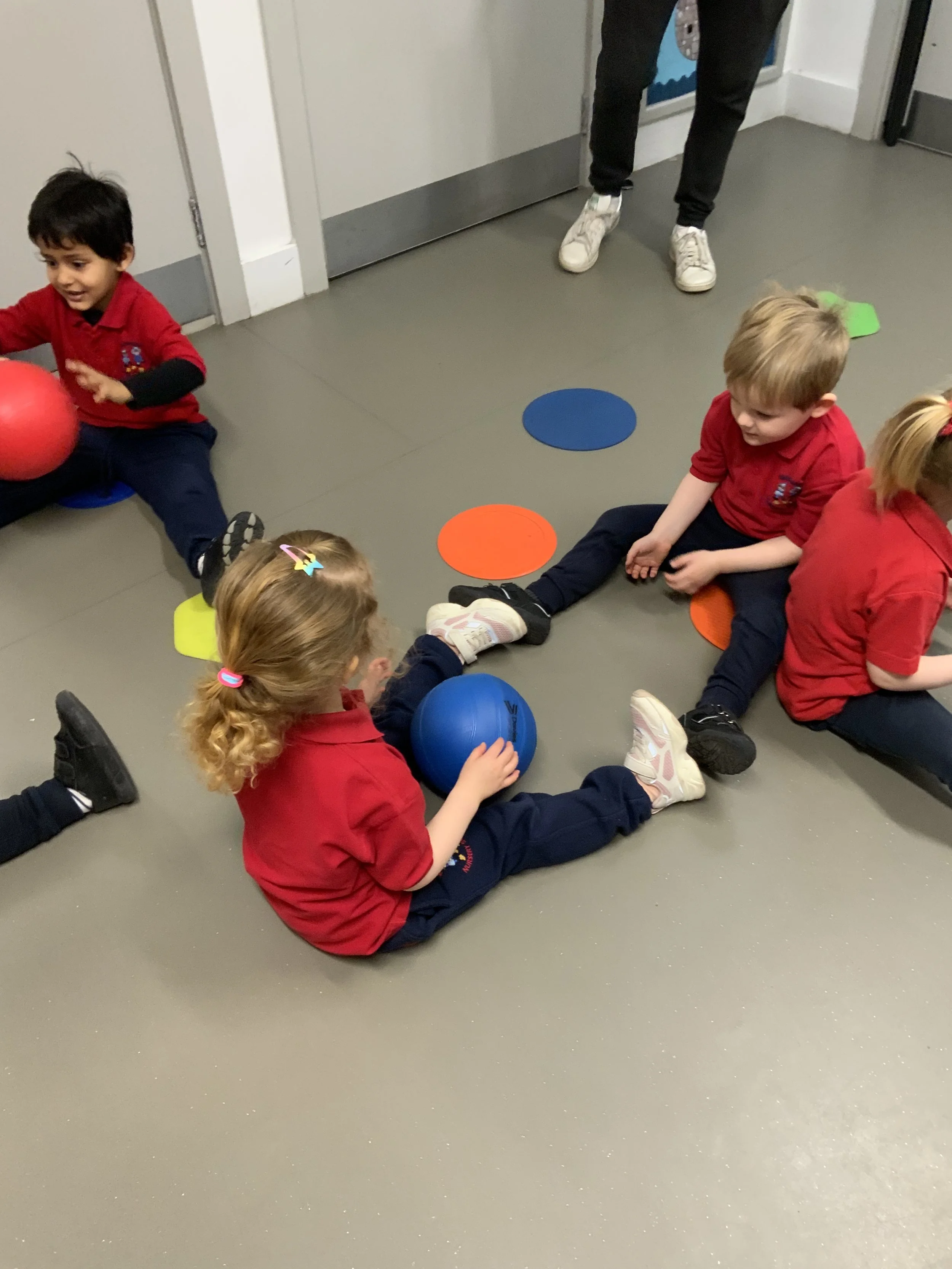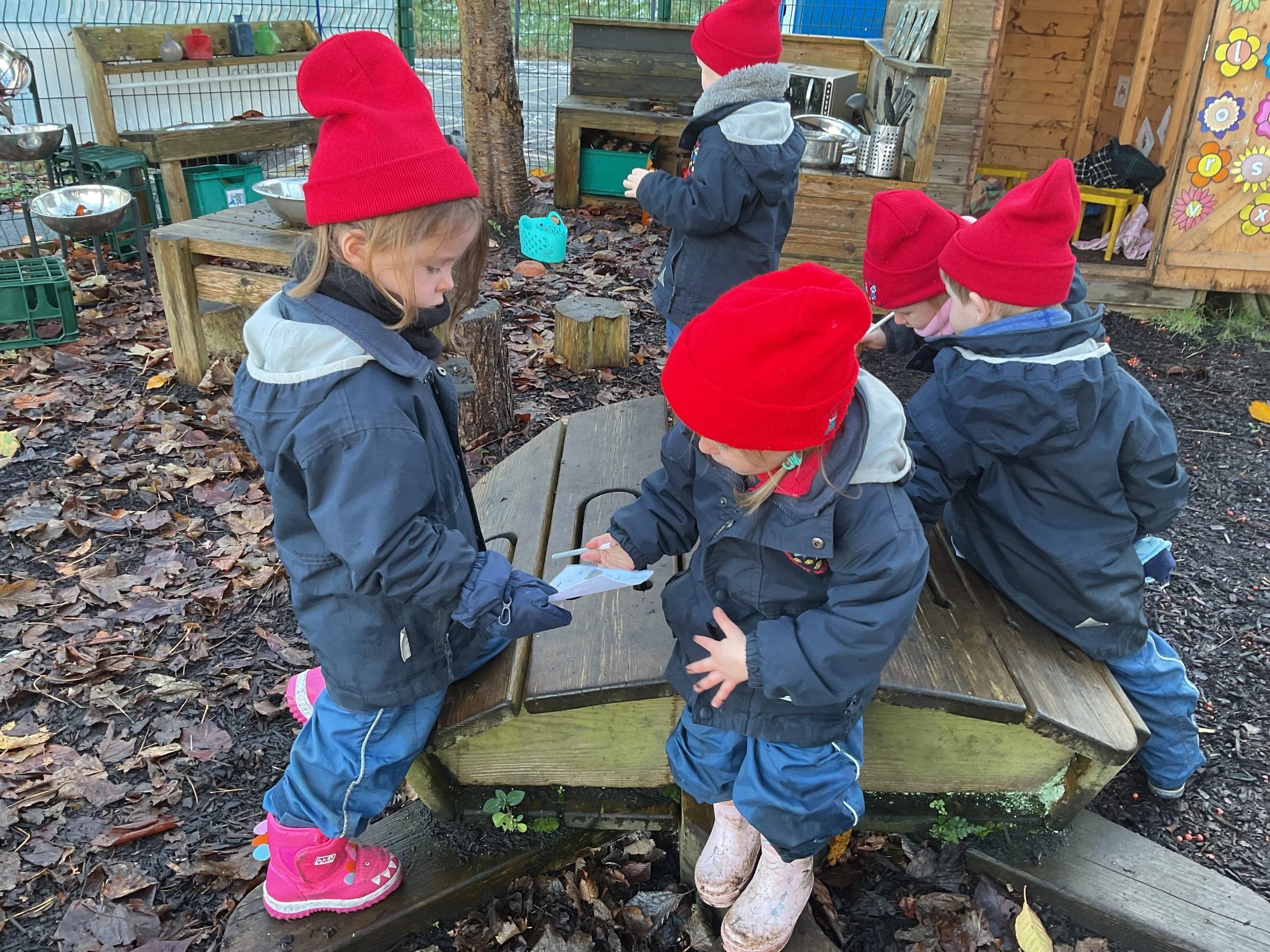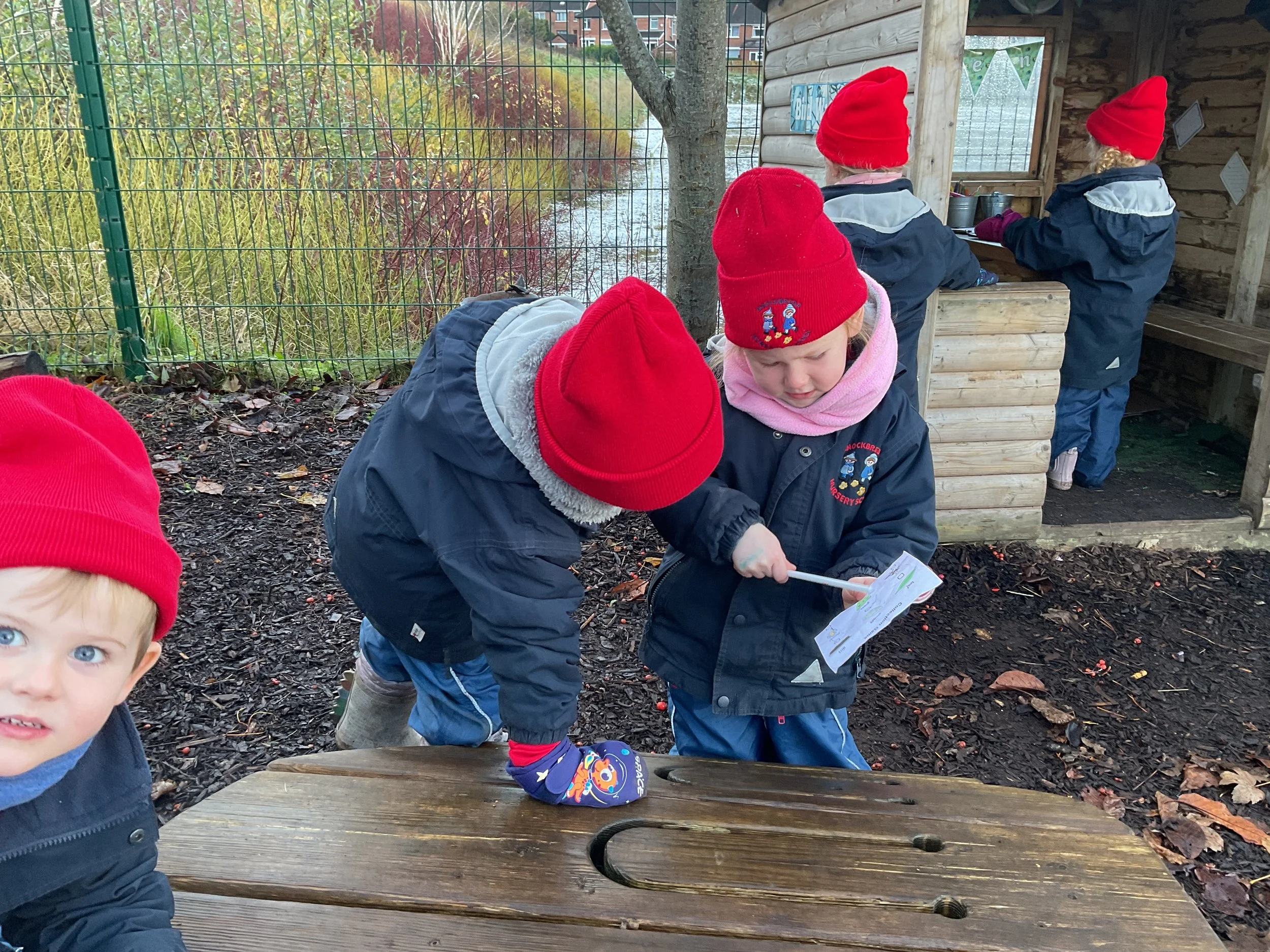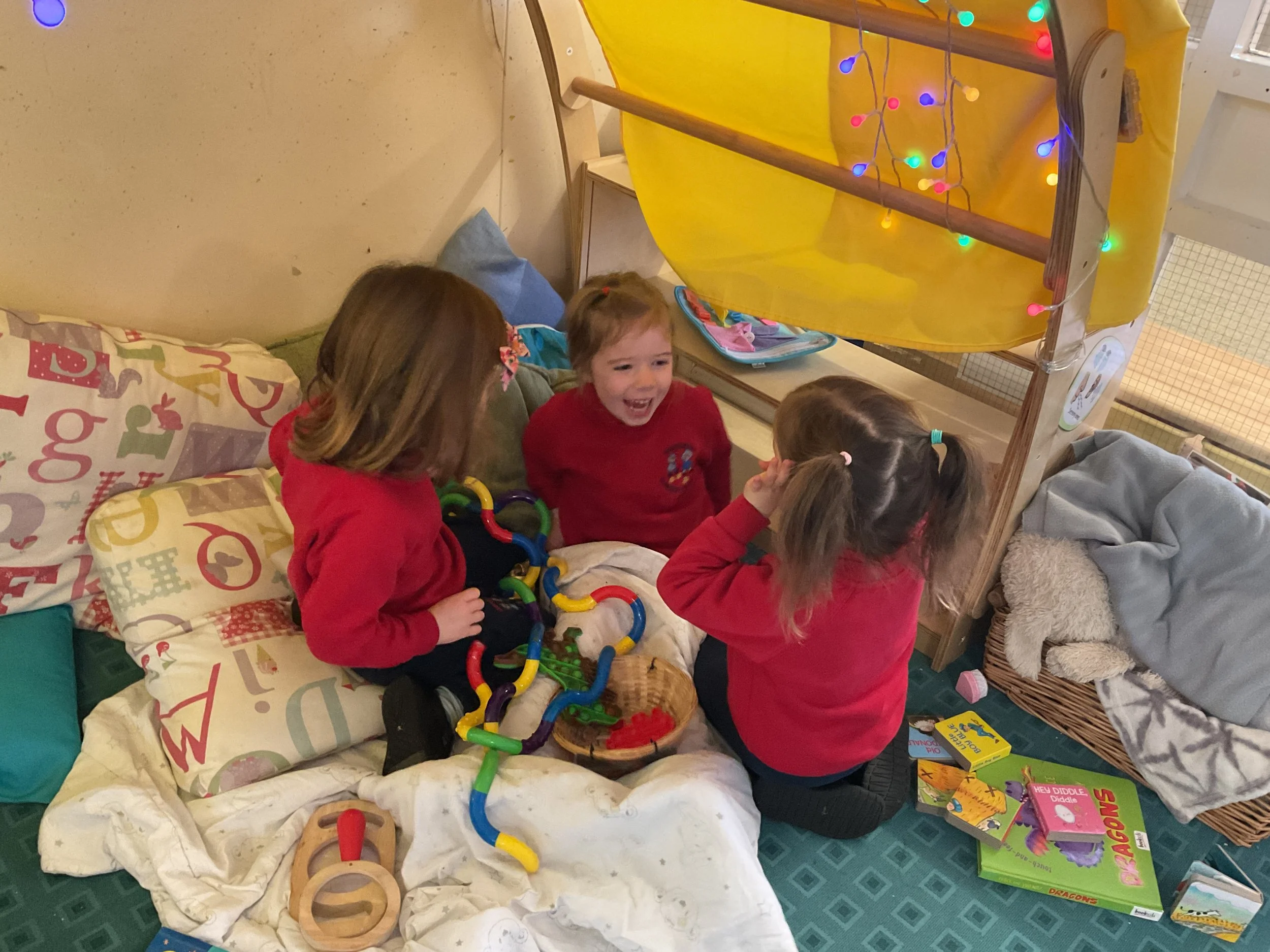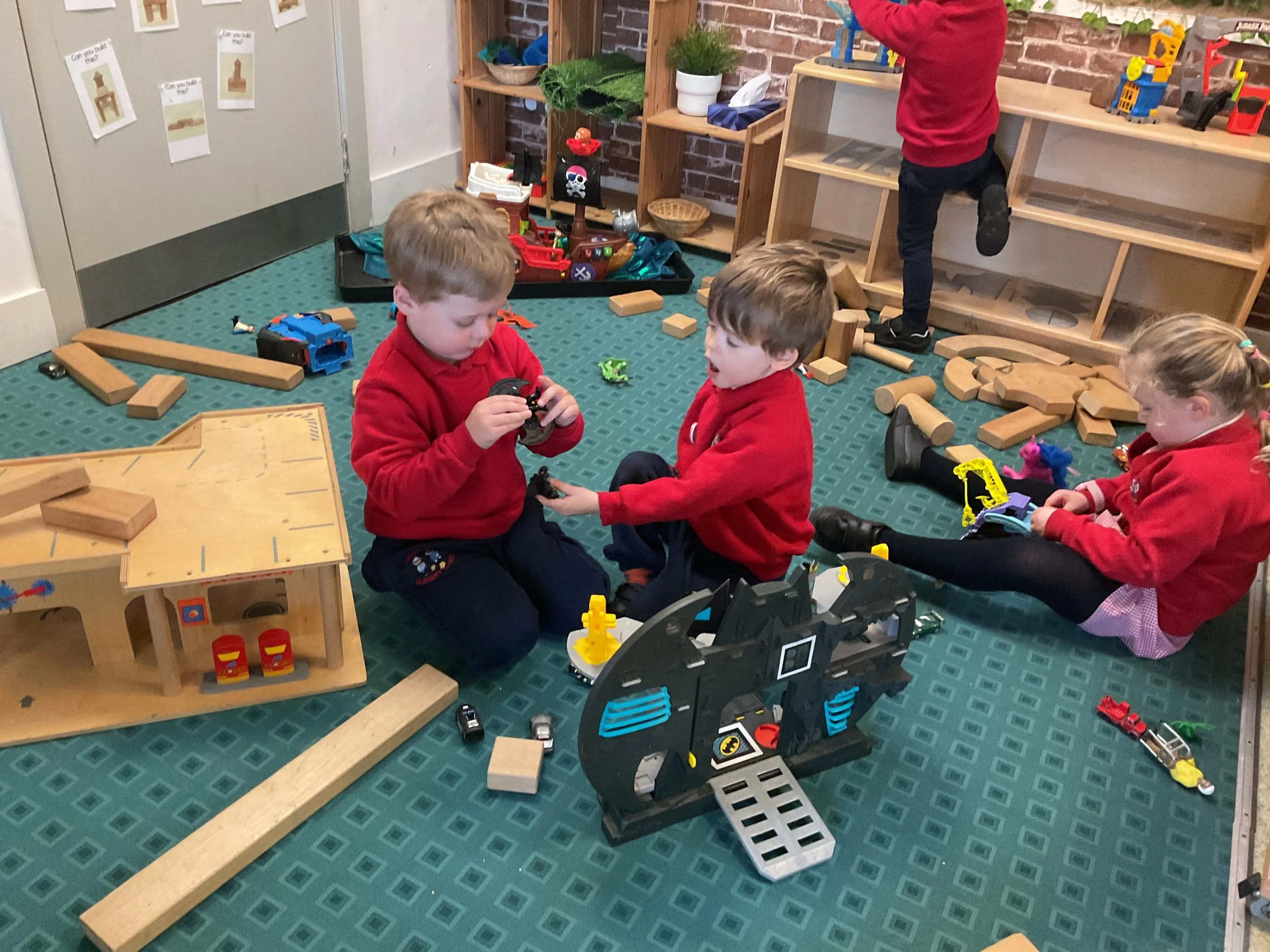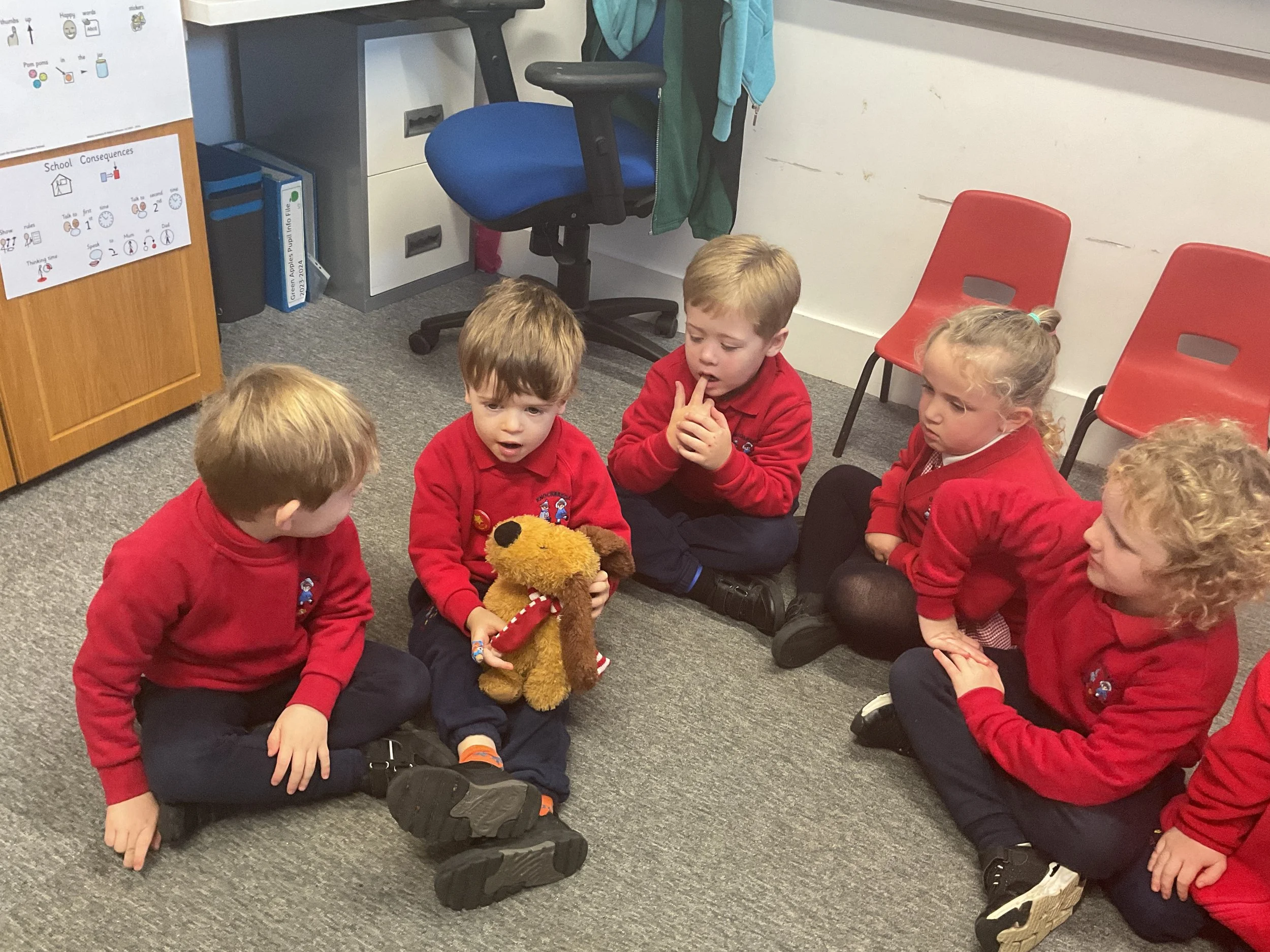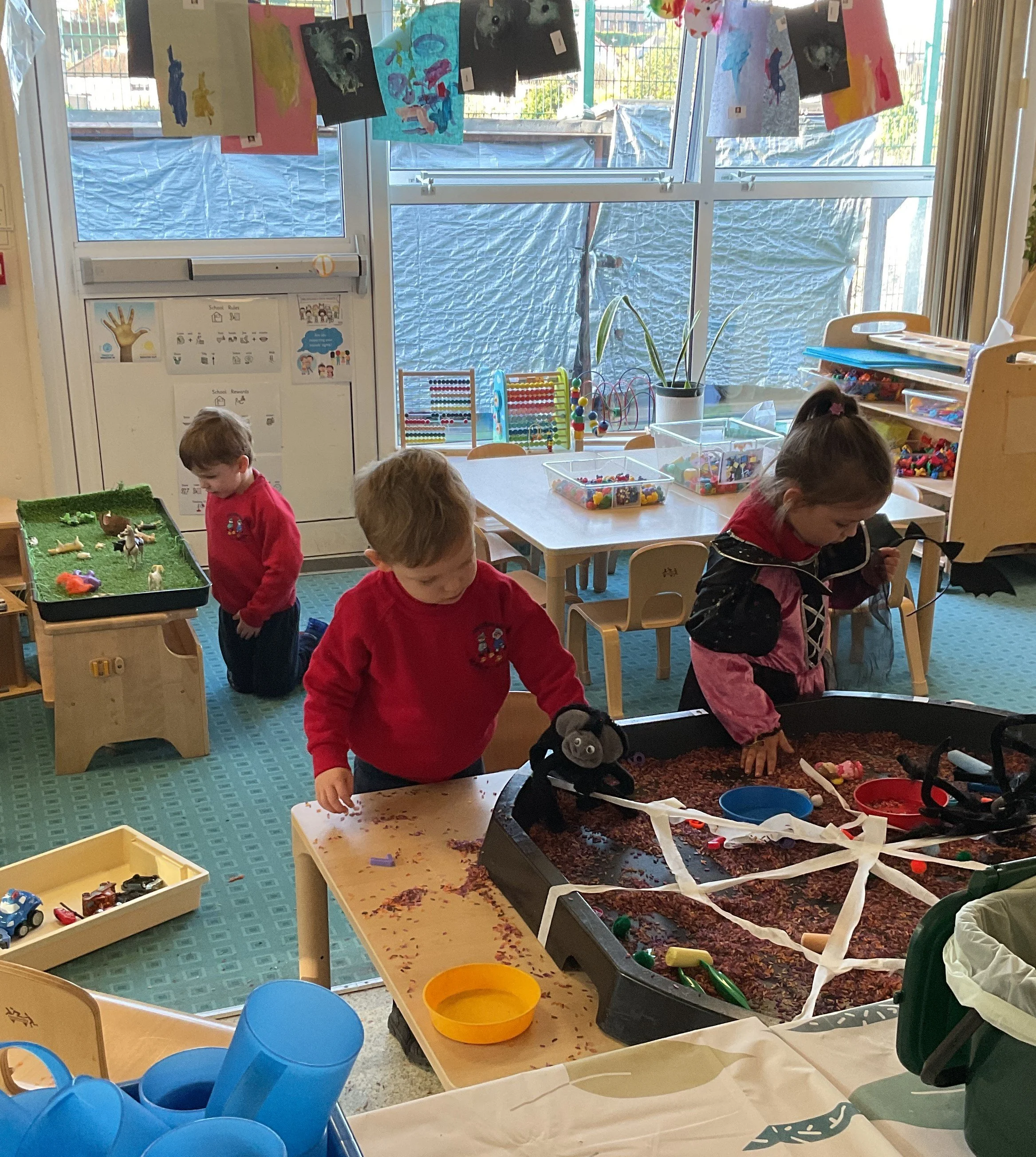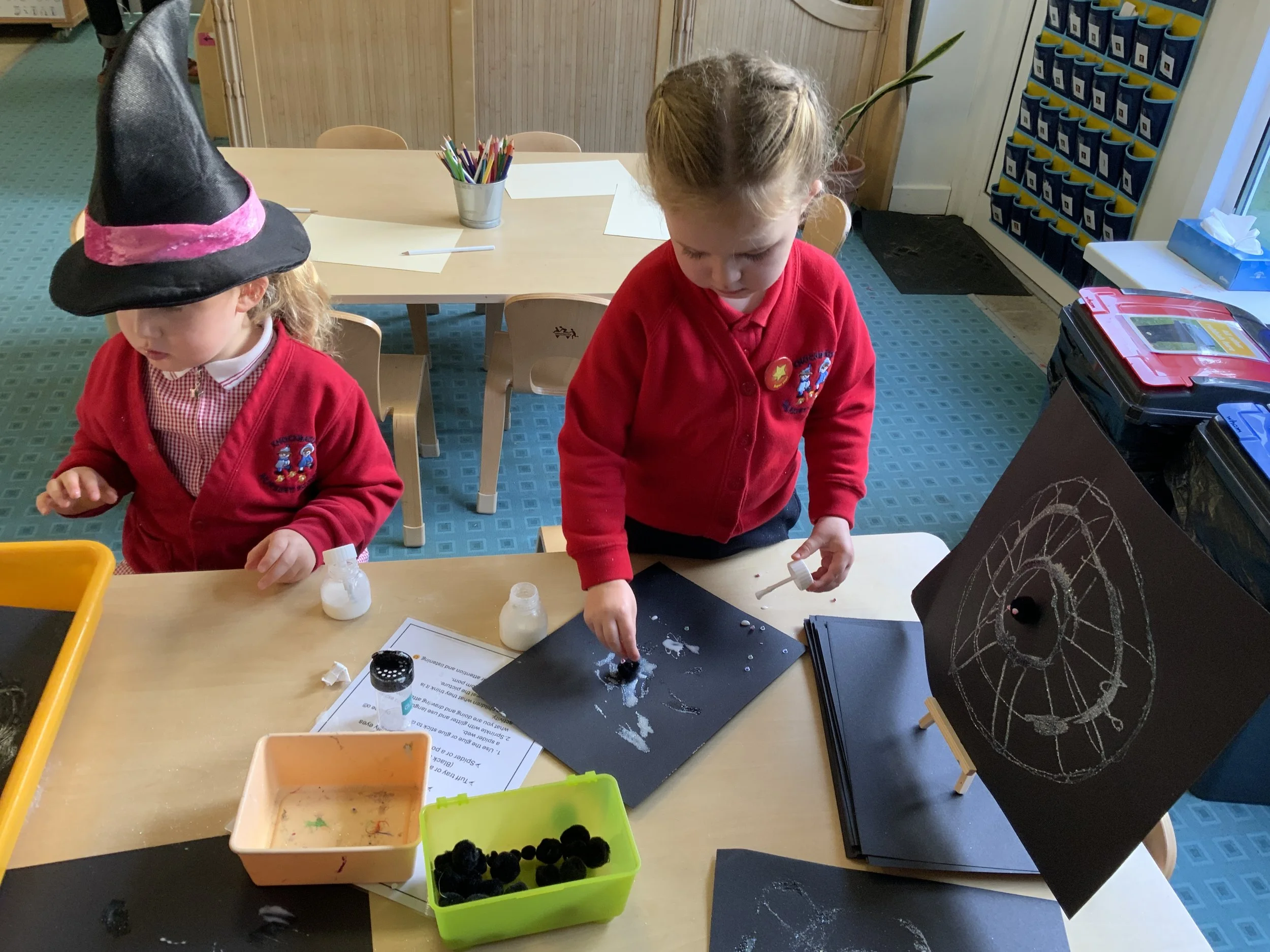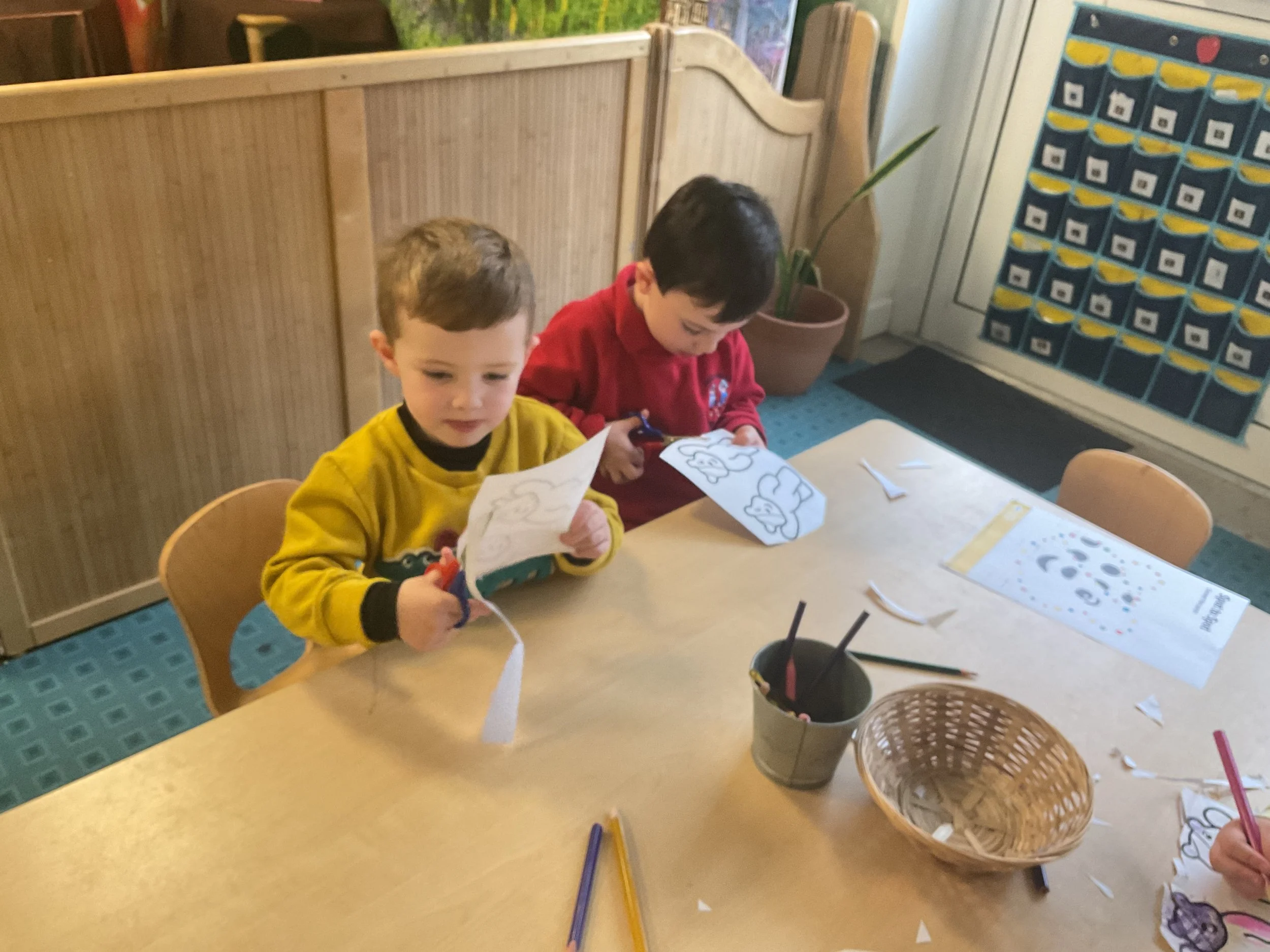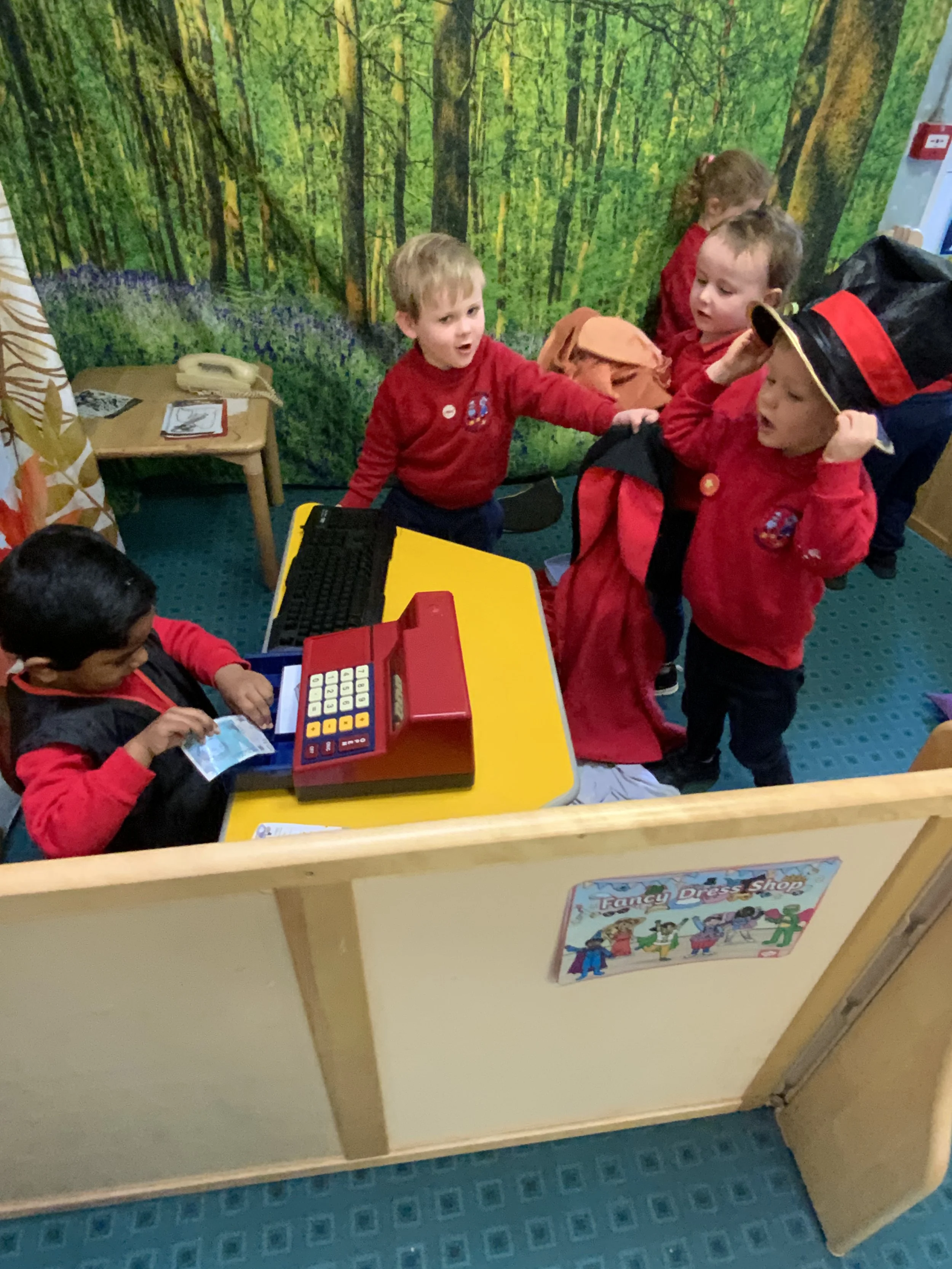Pre-school Curriculum Information
The aims of pre-school education
As all children are different and develop at different rates, pre-school education aims to develop the whole child by:
promoting emotional, social, physical, creative and intellectual development;
developing self-esteem, self-control and positive attitudes towards others;
developing language and communication skills to encourage the sharing of thoughts and feelings; and
creating confident, eager, enthusiastic, independent, curious learners with a positive and problem-solving attitude to learning.
The Principles Underpinning Pre-School Education
Young children learn best when:
• they feel happy and secure in a safe and stimulating environment that supports their well-being;
• adults are sensitive and understanding in their interactions with the children while extending their learning and development;
• the curriculum is broad and balanced, builds on their needs, and provides time for sustained involvement in play;
• they have opportunities to investigate and engage in a wide range of activities that are enjoyable, motivating and challenging;
• the activities are based on previous learning and are carefully planned, with some flexibility;
• they have the opportunity to develop concentration and skills such as observing, making decisions and problem-solving; and
• parents/guardians/carers and other professionals work together in partnership.
More information about the Curricular guidance for Pre School Education can be found here.
